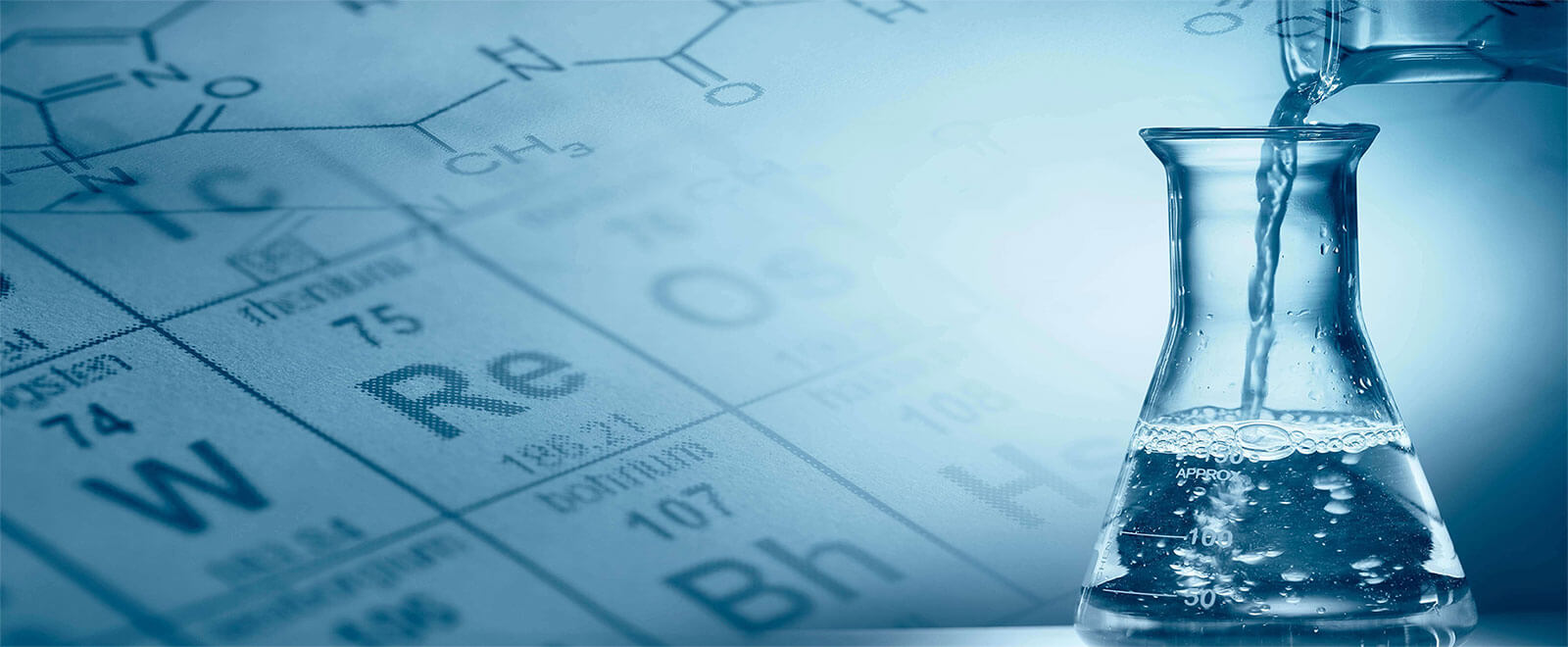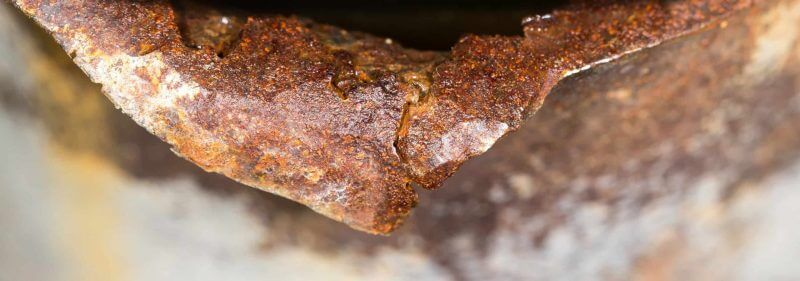Descalers: The Active Ingredient is Acid

Most chemical descalers have an active ingredient of some type of acid. Those that are not too dangerous to people or the environment can be those made for limescale. But, at the end of the day, you are putting your equipment in contact with an acid when you use them.
Concerning limescale, this substance comes from dissolved calcium and magnesium in the water. “Water hardness” is a term used to refer to this; and, indicates the amount of calcium and magnesium in the water.
As water passes through boiler / heat exchanger channels or tubes, the calcium carbonate and magnesium carbonate can begin to attach to the surface of where it flows. This is essentially what limescale in one of these devices is.
The acid in the descaler reacts with the limescale to produce carbon dixode and a soluble salt. The scale is thereby dissolved. Because descalers use weaker concentrations of acid, they do not damage the metal of these devices too much.
Yet, as stated, the active ingredient in most descalers is going to be an acid. An acid is a substance that donates a proton, i.e., a hydrogen ion (H+). And, the electrons in metal are attracted by the free hydrogen ions as these ions have a positive charge. The electrons in the metal are thereby always stripped away to some extent when they contact an acid; as the hydrogen ions pull the electrons from the metal.
The end result of washing metal with acid is that the metal loses some negative charge, and becomes more positively charged. The acid pulled away some electrons from the metal. Hydroxide ions (OH-) present in water have a negative charge; that is, they want to donate an electron. Since the metal is positively charged, the hydroxide reacts more freely with the metal. The result of this reaction is rust.
If you’ve ever had to clean a heat exchanger or boiler, you may be aware that rust is a big problem. The use of acidic descalers will predispose the metal to rust when the device is put back into regular use. Eventually, especially with repetitious acidic descaling, a heat transfer device will become noticeably rusty.
For this reason it is essential to have a post treatment after the use of an acid to clean a boiler / heat exchanger. The post treatment will reverse the effects of the acidic descaler, and ensure your equipment isn’t full of rust a year after cleaning.
No Reasonable Quick Fix

Because of the eventual rusting and degradation even weak acids will impart to heat exchangers and boilers, the use of acid cleaners is contraindicated. This is, with one important caveat: proper post treatment to prevent rust can negate this contraindication.
When it comes to ensuring your heat exchanger can be cleaned more than once, and still remain viable, you need to avoid solo use of descalers. The risk eventual rust will present should warrant having a professional clean the device. Additionally, flushing with a descaler will not get your heat exchanger perfectly clean. Only a professional can get rid of the small fouling and debris that can precipitate future corrosion and particulate buildup.